PM Shehbaz unlikely to complete five-year term: IIF report
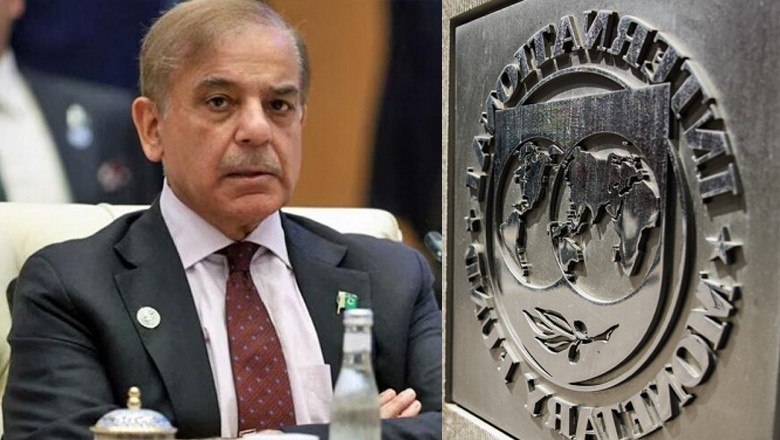
Web Desk
|
1 Apr 2024
The Washington-based Institute of International Finance (IIF) has warned that Pakistan's economic woes are unlikely to be resolved solely through the new IMF program.
Pakistan faces the challenge of achieving economic stability and reforms due to the weak coalition government formed under a cloud of rigged election allegations, said IIF, a global association for the world's top commercial banks, and investment firms.
The IIF highlighted the government's positive performance in exchange rate management, monetary policy, energy subsidies, and state-owned enterprises (SOE) reforms. However, achieving 'fiscal consolidation' remains the biggest challenge for a stable economy.
With public debt ballooning from 55% of GDP in the fiscal year 2009-10 to 79% in 2022-23, trimming fiscal deficit presents a huge challenge for the government.
“New estimates now show an overall fiscal deficit of 8.1pc of GDP and a primary deficit of 0.2pc of GDP.”
While the government reduced primary expenditure as it narrowed the gap between income and spending to Rs1.939 trillion from Rs945 billion last year, a Ministry of Finance report also revealed a widening fiscal deficit. The deficit has increased to 2.6% of GDP (Rs2.721 trillion) in the first seven months of this year, compared to 2.3% of GDP (Rs1.974 trillion) last year.
The IIF forecast a primary deficit of 0.3% and warned that Pakistan's economic prospects are bleak.
The difficulty of reducing subsidies and expenditures, coupled with the weak political situation, is likely to cause the country to miss its Rs9.4 trillion tax revenue target.
A heightened risk of political instability looms over Pakistan, the finance insitute emphasised in its report.
"The suspension of mobile phone services during elections, disputed allocation of seats to several PTI-backed candidates, delays in releasing results, mass protests, and a deadly bomb blast, further inflamed tensions within the country," it added.
“It is clear that Imran Khan is the most popular politician in Pakistan. This puts him at odds with the powerful military.”
The report warned that rising tensions could lead to a harsh military crackdown targeting the PTI.
“The PPP seems reluctant to sign on to politically costly reforms. Without their support, it is hard to see a way forward for the PML-N, which could hinder or prolong negotiations with the IMF,” the IIF said.
A history of political instability in Pakistan makes the new IMF program's success unlikely as no Prime Minister in the past has completed a full five-year term, and the country has participated in 22 IMF programs since 1958.
This suggests a long-standing pattern of economic difficulty that may not be easily broken.
The government faces another major challenge as “Close to $90bn in public debt is set to mature in FY24, a large part of which is expected to be rolled over.”
According to IIF, this fragile financial situation makes a new IMF program even more crucial. Countries like Saudi Arabia, the United Arab Emirates (UAE), and China, which previously provided Pakistan with government loans, have now made their future financing conditional on an IMF program.



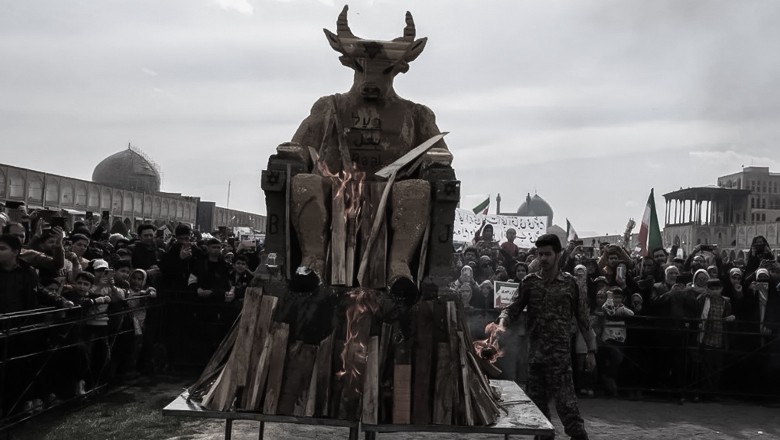


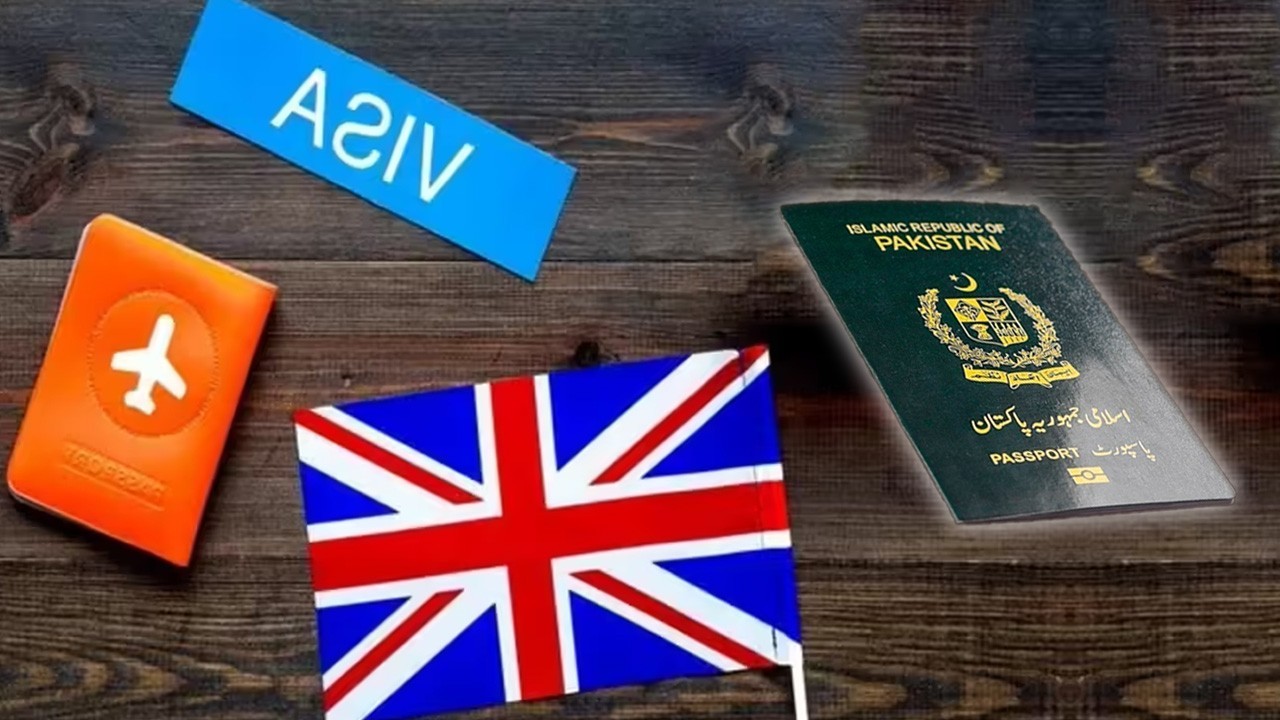
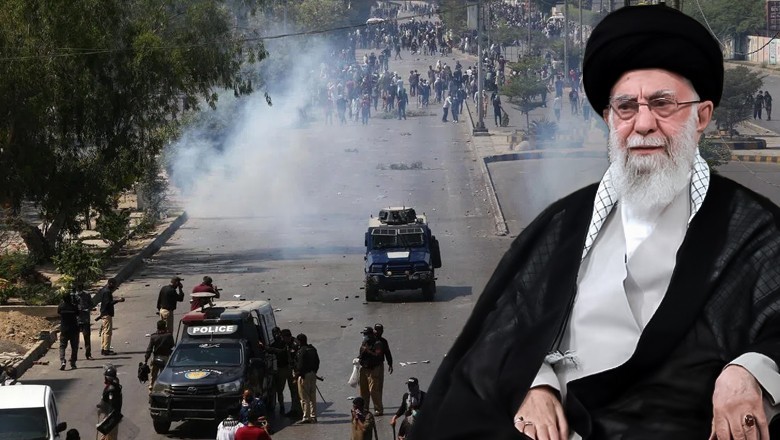


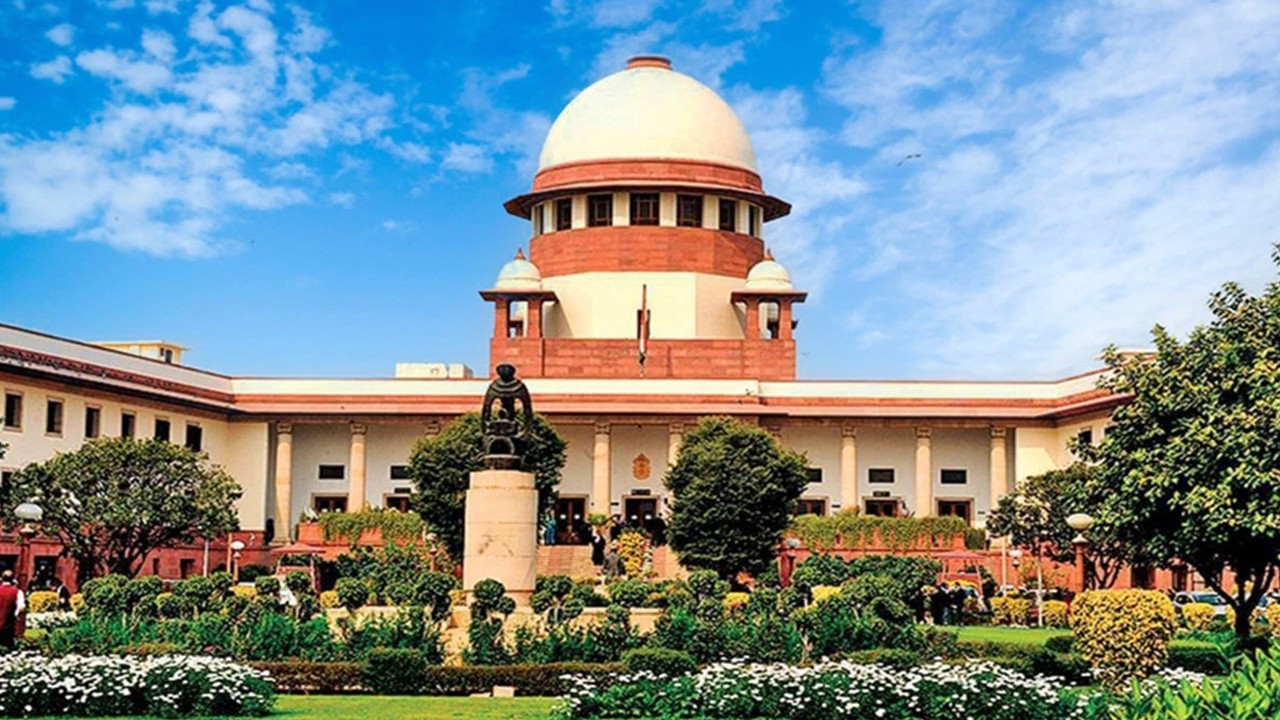
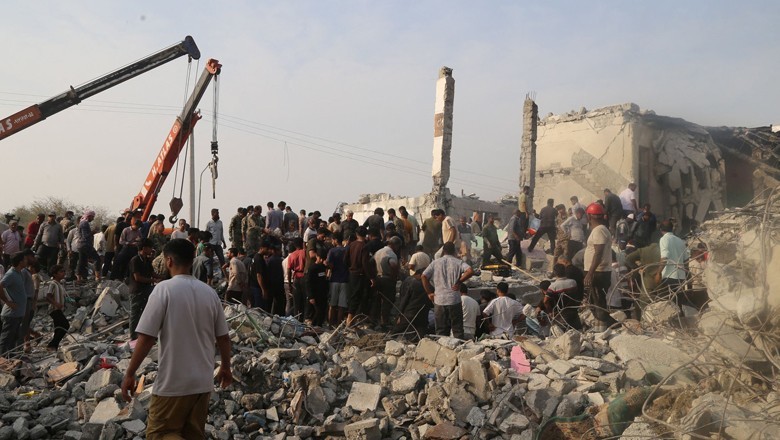
Comments
0 comment